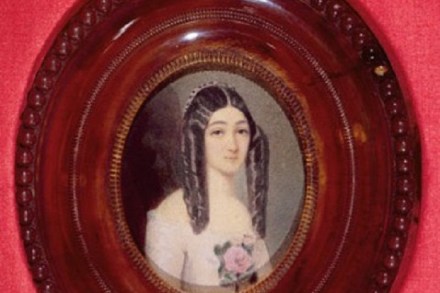Lose weight the Muriel Spark way
Those of you dieting your way to a svelte physique amid the flesh-exposing terrors of summer should take courage from Mrs Hawkins, the heroine of Muriel Spark’s wonderful novel A Far Cry from Kensington. Mrs Hawkins, with her unfortunate ‘Rubens quality of flesh’, only starts to worry about her weight when she gets a new job and notices that all her colleagues suffer from some kind of affliction. These range from stammers to stomach ulcers, pock-marked faces to war-wounds, and so, lying awake one night, she wonders what her own ailment might be. She gets out of bed to look at herself in the mirror: ‘I stood there, massive in my















